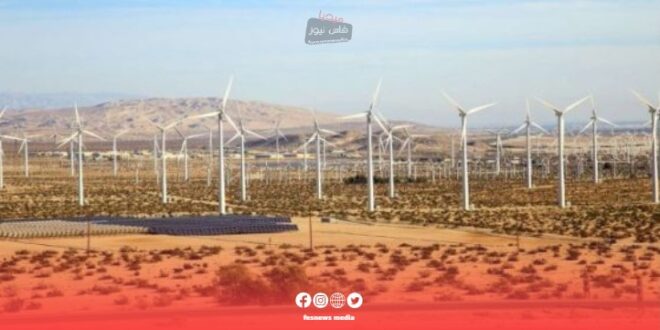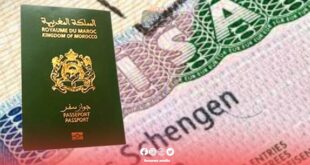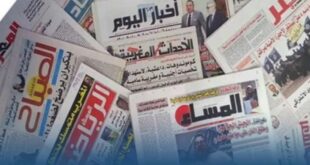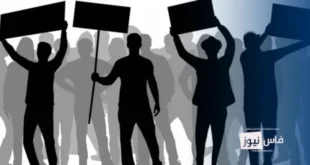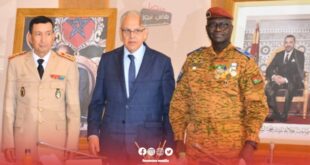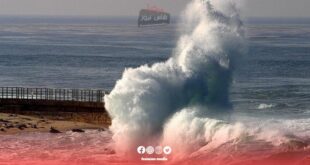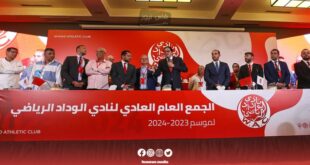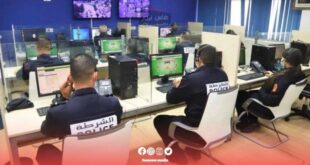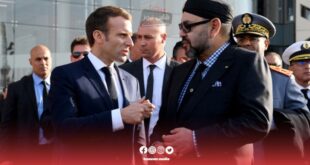At the C24 regional seminar for the Caribbean held in Caracas, Venezuela (14-16 May), Côte d’Ivoire reiterated its ‘full support’ for the autonomy initiative proposed by Morocco to put an end to the regional dispute over the Moroccan Sahara.
‘My country would like to reaffirm its full support for the broad autonomy initiative for the Sahara proposed by Morocco, which is backed by more than 107 UN member states,’ said Mr Yassi Brou, Minister Counsellor at the Permanent Mission of Côte d’Ivoire to the UN in New York.
He stressed that the autonomy initiative, which is in line with international law, the Charter and the relevant United Nations resolutions, in particular those of the Security Council and the General Assembly, has the merit of taking into account the specific characteristics of the Moroccan Sahara.
‘It gives the inhabitants the opportunity to become actively involved in the management of the political and socio-economic life of this region’, he pointed out, noting that these populations freely choose their local and national representatives during the various democratic elections organised regularly in the Kingdom.
In this context, the Ivorian diplomat welcomed the participation in the work of this seminar of certain elected representatives from the Moroccan Sahara who emerged from these elections.
He also pointed out that the climate of peace and stability in the region is conducive to its full socio-economic development, noting that the local population is benefiting from the massive investments undertaken by Morocco as part of its new development model for the southern provinces.
‘These achievements have significantly raised the standard of living of the inhabitants and improved the Human Development Index of the Moroccan Sahara,’ he said.
He also highlighted the strengthening of the role of the Regional Human Rights Commissions in Laâyoune and Dakhla and Morocco’s exemplary cooperation with the Office of the High Commissioner for Human Rights.
These commendable initiatives and actions taken by Morocco deserve to be applauded and attest to the credibility of the broad autonomy initiative, which confers many important prerogatives on the inhabitants of the Moroccan Sahara.
At the same time, the Ivorian diplomat expressed his country’s ‘full’ support for the UN, ‘which is the appropriate framework for resolving this long-standing regional dispute’, calling for the political process to continue under the exclusive aegis of the United Nations, with a view to reaching a realistic, pragmatic and lasting political solution based on compromise between all the parties involved.
‘My delegation welcomes the exclusivity of the United Nations in the search for a political solution to the dispute over the Moroccan Sahara and salutes the determination of Secretary-General Antonio Guterres to find a peaceful and definitive solution,’ he said.
He also welcomed the visit of the UN Secretary-General’s Personal Envoy for the Moroccan Sahara, Staffan de Mistura, to the Kingdom on 04 April 2024.
The Ivorian diplomat urged the Personal Envoy to intensify his good offices for the resumption of the roundtable process with the same participants and in the same format and dynamics as the two previous roundtables held in 2018 and 2019 in Switzerland.
With a view to holding this third round table, Côte d’Ivoire calls on all parties to commit themselves resolutely to the UN process, as recommended by Security Council Resolution 2703, he stressed.
In this respect, he indicated that his country ‘notes with satisfaction’ the considerable efforts made by Morocco to reach a compromise solution to this dispute.
He also welcomed the Kingdom’s compliance with the Military Agreements, while inviting all the parties involved to respect the cease-fire and to cooperate frankly with MINURSO.
He concluded by urging all stakeholders to remain mobilised throughout the political process in order to achieve a peaceful settlement to the regional dispute over the Moroccan Sahara.
 فاس نيوز ميديا جريدة الكترونية جهوية تعنى بشؤون و أخبار جهة فاس مكناس – متجددة على مدار الساعة
فاس نيوز ميديا جريدة الكترونية جهوية تعنى بشؤون و أخبار جهة فاس مكناس – متجددة على مدار الساعة

